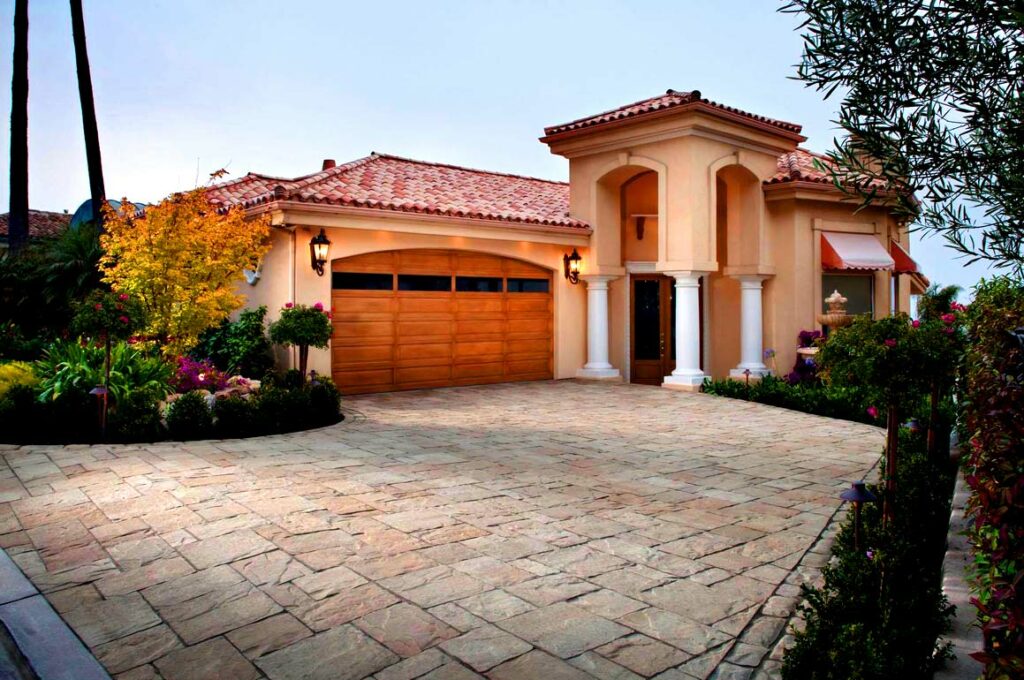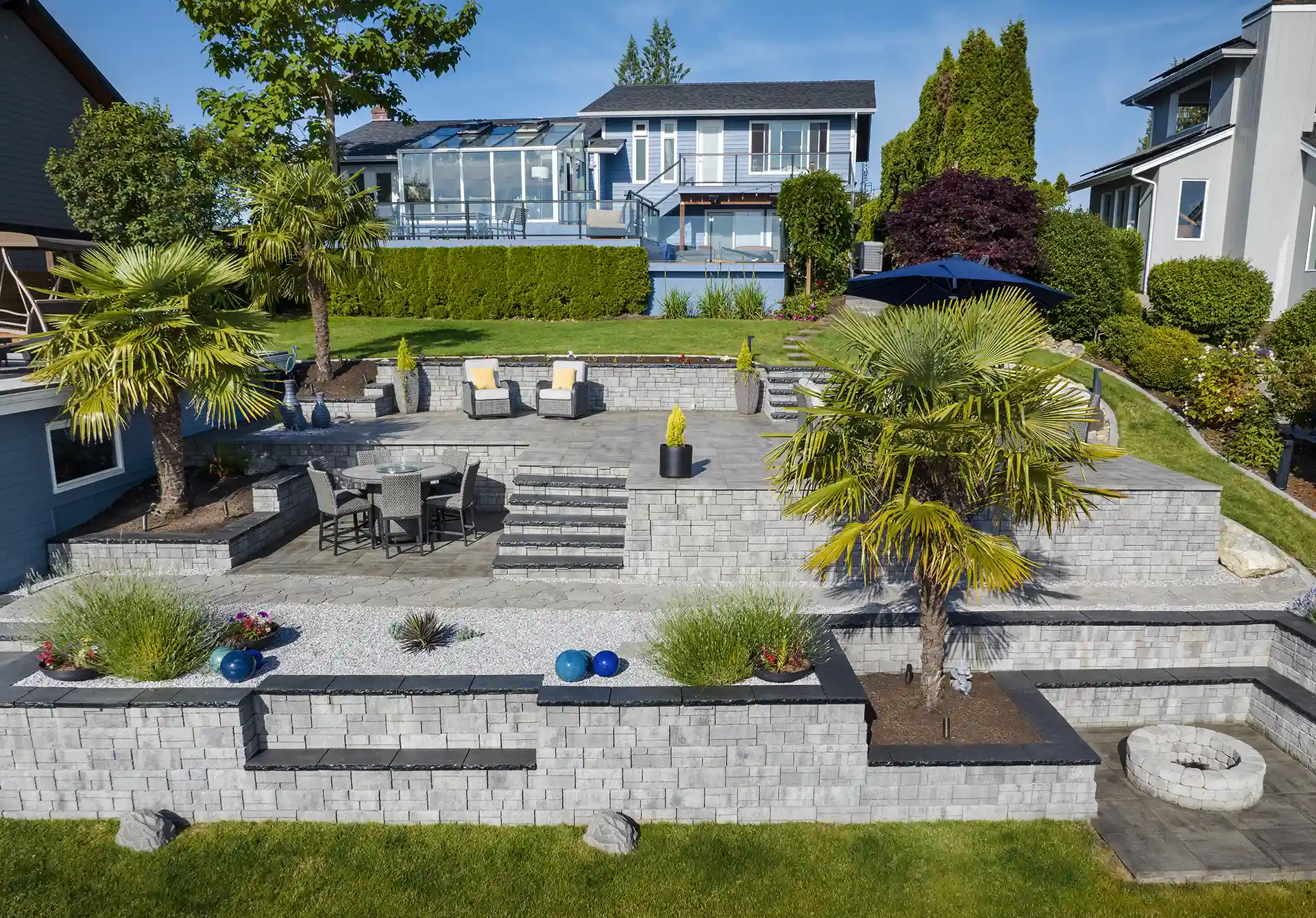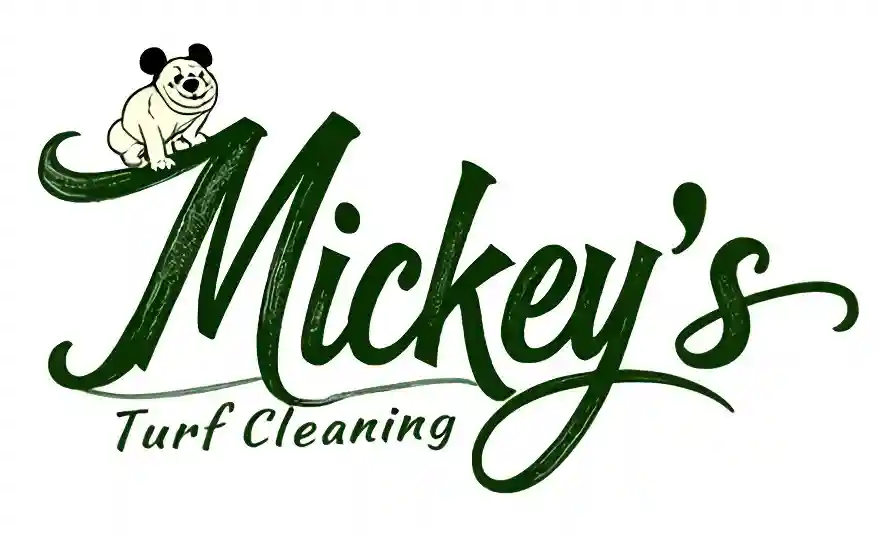Are you planning to give your home a makeover? Have you been thinking about using pavers or concrete? Even though the interior of your house will carry a lot of importance in determining the reaction of your guests, it is the exterior that will give off the first impression.
We recommend that you revamp the driveway or patio of your house to give your house the WOW factor. Too many times, homeowners enter a vicious cycle of remodeling the interior of their home without giving any attention to the outside. When in reality, it is this portion of your house that if addressed properly, can significantly bring down your house maintenance costs and increase the overall value of your property.
It is natural for a homeowner to feel overwhelmed when presented with numerous material options for the ideal driveway or patio. However, to make the right decision, you need to go through a detailed comparison guide (like this one). The two most commonly used materials for the driveway or patio are paving stones and concrete slabs. Before we get into the famous pavers vs. concrete discussion, here are some important points for comparison.
1. Cost
One of the main reasons why people choose concrete over pavers is the price. The cost of installing concrete slabs is significantly less than paving stones. In fact, pavers can prove 15% more expensive than concrete. However, what many homeowners ignore when making a decision is the cost of repairs and maintenance of concrete over pavers. Therefore, it is safe to say that the long-term cost of concrete is higher than that of getting paver patios or choosing pavers for the driveway.
2. Installation
At first, the concrete slab is seen to be an easier option when it comes to installation. However, you will have to wait a long time before you can start using your patio or driveway if you take the concrete route, you will have to go through the different steps of installation including:
• Excavation
• Grading
• Preparing the Foundation
• Setting
• Pouring
Moreover, if the installation of concrete does not take place properly, there are chances of greater water retention, discoloration, and appearance of stains.
Pavers also require a similar process for installation. However, there is no curing required, and you can start using the driveway or patio almost immediately. The steps involved in the installation of pavers are:
1. Excavation
2. Grading
3. Compaction
4. Geo-fiber Installation
5. Preparation of Base
6. Compaction of Base
7. Preparation of Sand
8. Pavers Layout
9. Border Cutting & Preparing the Bond
10. Stone Compacting
11. Sealing
3. Maintenance
When it comes to maintenance, pavers are the obvious winners. That’s because pavers do not require significant maintenance whereas concrete with age has the tendency to get covered in cracks and stains. There is a lot that can be done to cover up these stains and crack, however, these solutions are only temporary.
Your concrete driveway or patio can also suffer from serious problems such as the growth of weeds. On the other hand, pavestones require power washing now and then and close attention to the sealing of the pavestone joints. If there is weed growth in between the joints of pavers, you can easily apply a weed killer which will get rid of the problem at hand cheaply and effectively.
4. Life
The life of concrete depends greatly on the changes in temperature. Pavers are considered to be stronger in this regard as they are designed in such a way that they remain unaffected by the changes in the surroundings.
5. Appearance
There are many techniques that you can use to change the appeal of concrete in the exterior of your house such as staining, scoring, or embedding with stones. However, because of the availability of numerous paver patterns, you can enhance the aesthetic appeal of your driveway or patio by using pavers instead of concrete.
6. Security & Overall Worth
Pavers are thought to be safe from causing a lot of skids or slips and are therefore considered to be safer than concrete. Also, the value of your house rises if you use pavers for the driveway or having paver patios installed. This can be attributed to the high durability and flexibility of pavers as compared to concrete.
7. Restoration
As mentioned earlier, the appearance of cracks and stains is not an unusual occurrence for concrete based driveways and patios. However, the repair process is not an easy one either. To address issues within the concrete, you will probably have to replace the entire concrete slab which is not only costly but also extremely time-consuming. If you choose to patch as a solution, you might end up with a discolored base. Pavers, on the other hand, give you the option of repairing or replacing the particular pavestone that underwent damage. This job is cheap and takes considerably less time.
Bottom Line
Rather than trying to save initial costs and deciding to go with concrete, choose pavers for the exterior of your house. By choosing pavers you might be incurring greater costs associated with the installation or buying, but the long-term benefits far outweigh the costs associated with the use of concrete. With concrete, you face a continuous maintenance battle which will end up costing more than you expect.
Call us today at (855) 749-8739 for a free estimate and design for your project.





